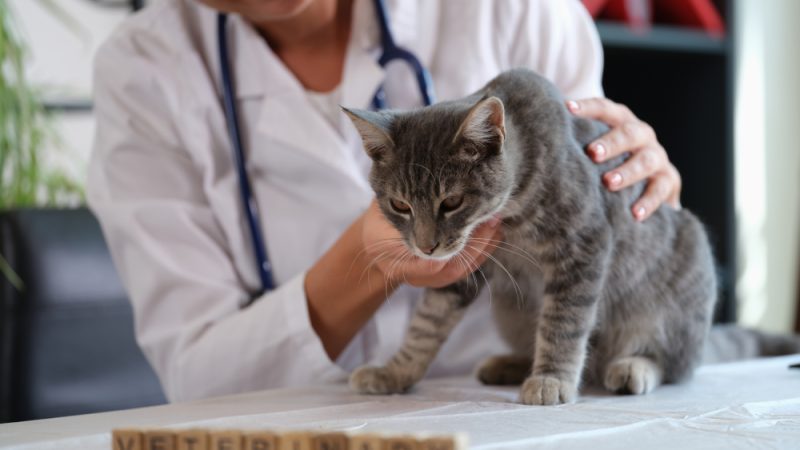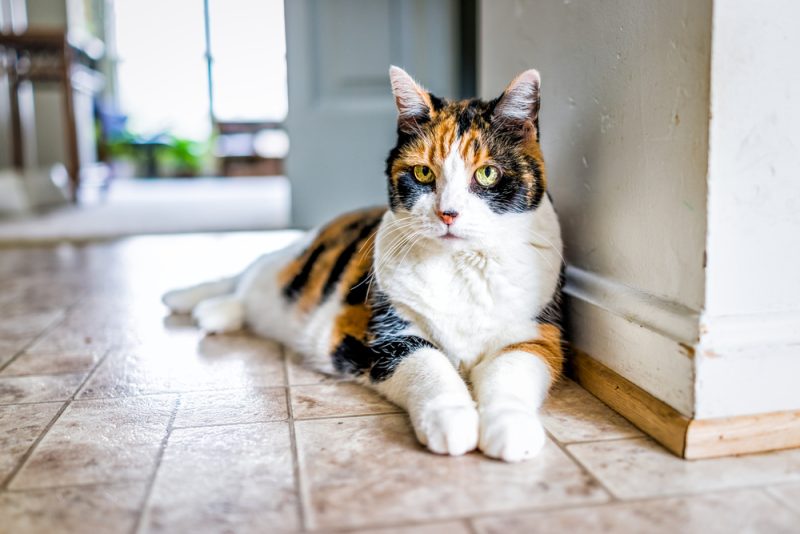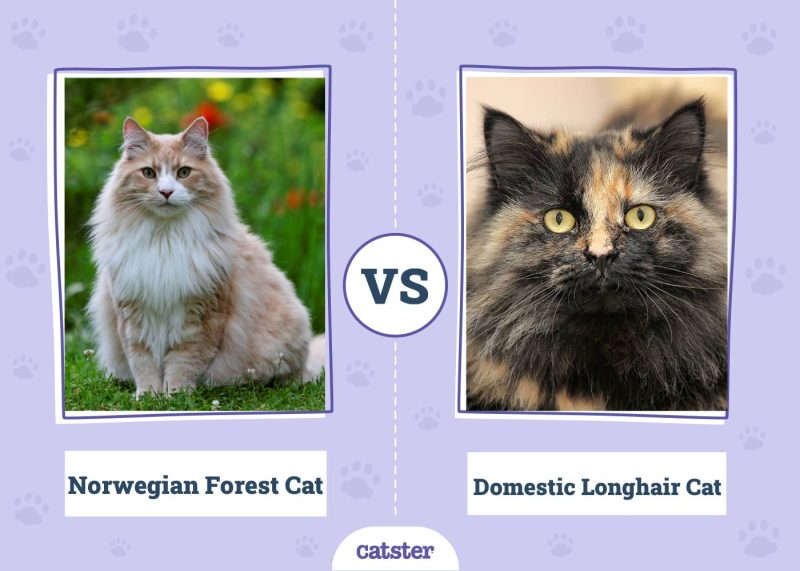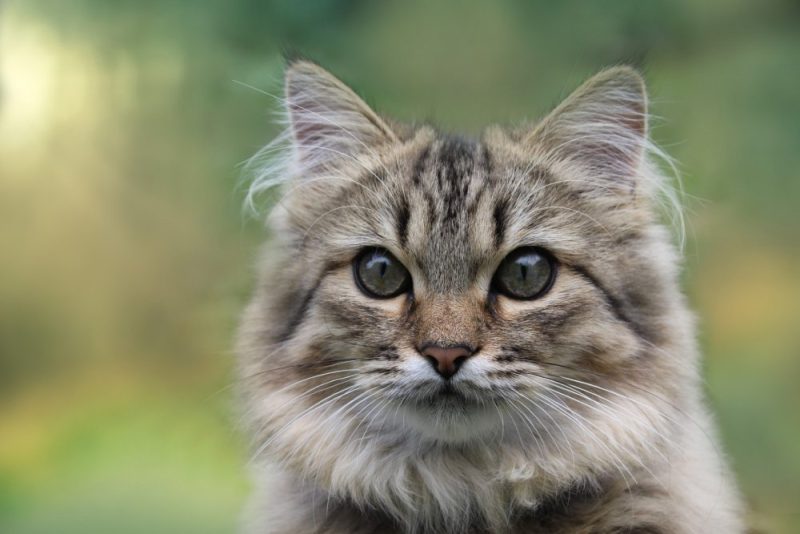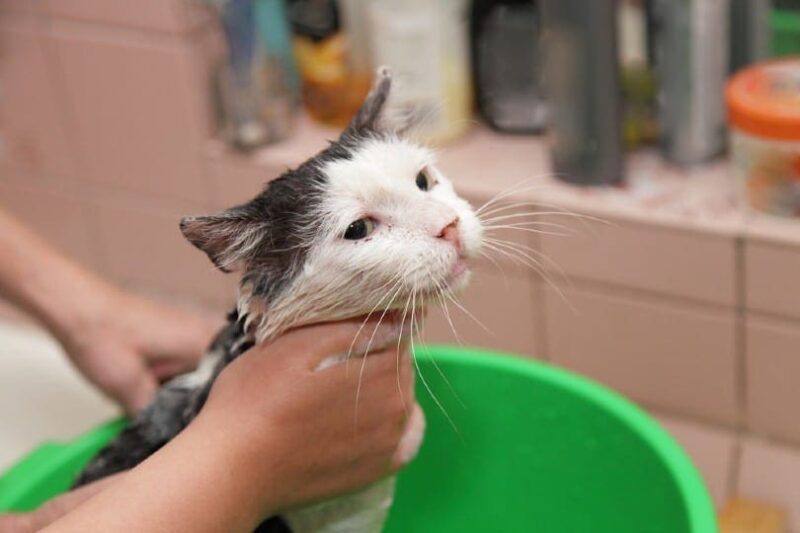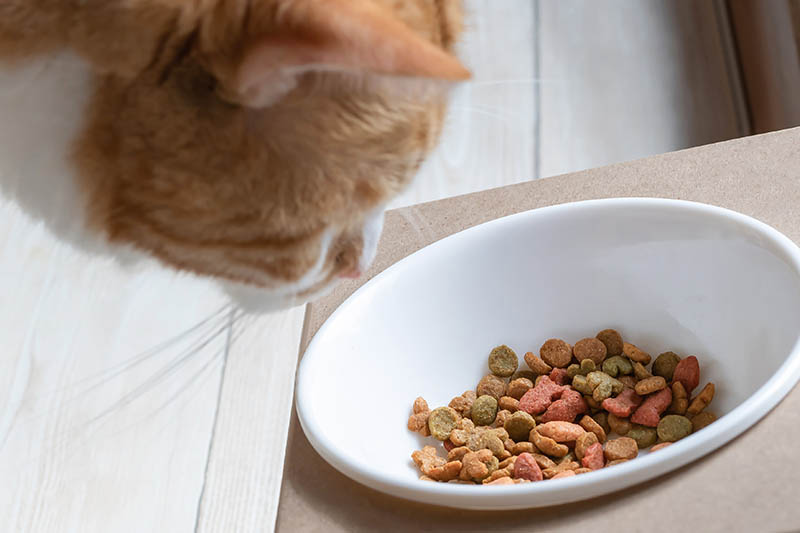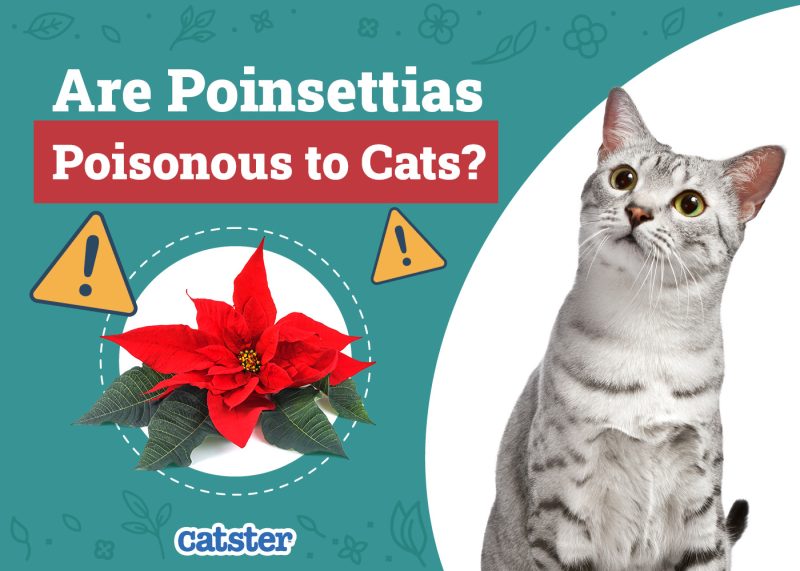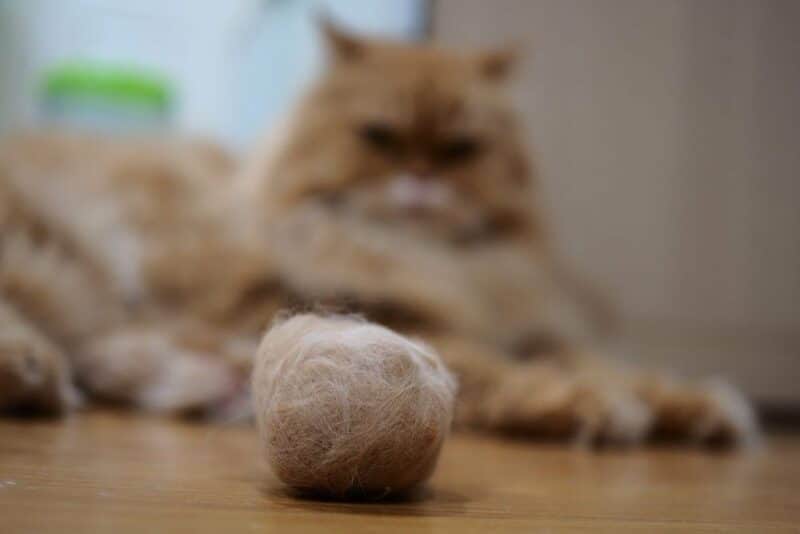In this article
View 5 More +Toxoplasmosis is a disease impacting cats that can be picked up from the environment. Toxoplasmosis is commonly discussed in households due to the risk it poses to pregnant women. But what exactly is toxoplasmosis, and how does it impact cats? Continue reading below to learn more about this pathogen.

What Is Toxoplasmosis?
Toxoplasmosis is a disease caused by a single-cell protozoan parasite, Toxoplasma gondii. Cats become infected with toxoplasma when the infected stage is ingested, typically through the consumption of an intermediate host or accidental consumption of fecal matter.
Toxoplasma gondii has only one definitive host: the cat. A definitive host is a host in which the parasite reproduces and creates eggs. However, this protozoan can impact most warm-blooded animals, including humans. An intermediate host is an animal in which the parasite can multiply in a cyst form, but the parasite is unable to complete its life cycle. A cat becomes infected with Toxoplasma gondii when an intermediate host housing a cyst is ingested or when an oocyst from the environment is consumed.
Definitive Host
Once the cystic stage or infective oocyst is ingested by a cat, the protozoan is released into the gastrointestinal tract where it begins to form eggs, called oocysts. The oocysts are then deposited into the environment through defecation.
Alternatively, some Toxoplasma gondii protozoans leave the gastrointestinal tract and encyst in other tissue, often muscle or brain matter.
Intermediate Host
Other animals can become infected with Toxoplasma gondii when oocysts are ingested, or if meat containing a cyst is ingested. Once ingested by the intermediate host, the protozoan escapes the oocyst and invades other cells, eventually forming a cyst. Here, the parasite waits to be consumed by a cat in order to complete its life cycle.


What Are the Signs of Toxoplasmosis in Cats?
Cats infected with Toxoplasma gondii may not exhibit signs, as their immune system is effective at limiting the parasite. Unfortunately, cats with compromised immune systems are more likely to develop clinical signs associated with toxoplasmosis. Examples include cats that are very young, FIV positive, or have feline leukemia.
Possible signs of toxoplasmosis include:
- Fever
- Lethargy
- Seizures or other neurologic abnormalities, including head pressing, circling, and impaired vision
- Jaundice (if protozoan has reached the live)
- Pneumonia (if protozoan has reached the lungs)
Diagnosing and Treating Toxoplasmosis in Cats
Toxoplasmosis is typically diagnosed through evaluation of history and laboratory tests that evaluate antibody levels to Toxoplasma gondii. In other scenarios, infection can be diagnosed through tissue or spinal fluid evaluation.
Fortunately, toxoplasmosis is treatable with antibiotics. Clindamycin is commonly administered for 2–4 weeks to affected cats.
How to Care for a Cat With Toxoplasmosis
If your cat has been diagnosed with toxoplasmosis, it is important to closely follow instructions provided to you by your veterinarian.
If you need to speak with a vet but can't get to one, head over to PangoVet. It's an online service where you can talk to a vet online and get the advice you need for your pet — all at an affordable price!

The litter box should be cleaned as soon as possible after defecation has occurred, and the stool should be properly disposed of. Fresh feces contaminated with Toxoplasma gondii are not infectious for at least 24 hours after it is deposited in the environment, as the oocyst needs time to mature.
Ensure that any immunocompromised cats are kept indoors to limit their exposure to infectious agents in their environment.
Zoonotic Potential
Zoonotic diseases are diseases that can be passed from animals to humans. Toxoplasmosis is zoonotic and can cause abortions in pregnant women. Women who are infected with Toxoplasma gondii may go on to pass the infection onto their child in utero, which may lead to blindness or developmental delays. Women who are pregnant or may become pregnant should exercise caution when cleaning the litter box, or better yet, should avoid that responsibility.
Often, people infected with Toxoplasma gondii do not experience clinical signs. Immunocompromised individuals are more likely to develop clinical signs of illness from toxoplasmosis. Signs of infection can include flu-like symptoms, seizures, and confusion.
Care should be taken to thoroughly wash your hands before preparing or consuming food. Ensure that meat is not consumed raw. Additionally, because oocysts can survive in the environment for long periods of time, gloves should be used when gardening.


Frequently Asked Questions
Can My Cat Pass Toxoplasmosis to My Dog?
Yes, your cat may be able to pass Toxoplasma gondii to your dog if your dog consumes infected feces. Most often, healthy dogs do not exhibit clinical signs of infection; however, immunocompromised individuals may experience fever, seizures, and potentially death.
My Cat Has Been Diagnosed With Toxoplasmosis. What Is Their Prognosis?
Overall prognosis varies depending on the organs impacted by the infection. Most infected cats remain symptom-free. If the infection impacts the liver or lungs, the prognosis is less favorable. Response to treatment is also telling regarding prognosis.

Conclusion
Toxoplasmosis is a disease caused by Toxoplasma gondii. Although infections with this protozoan can cause serious signs, like seizures, the definitive and intermediate hosts often do not experience clinical signs. Immunocompromised hosts are more likely to develop signs of illness. However, with appropriate treatment, recovery is possible depending on organ involvement.
Zoonotic potential exists, so caution must be taken by people cleaning the litter box, and all meat should be fully cooked before consumption. If you suspect that your cat has signs related to an infection with Toxoplasma gondii, you should schedule an appointment with your veterinarian.
See Also:
- Scoliosis in Cats: Detection & Treatments (Vet Answer)
- Can Cats Have PTSD? Our Vet Explains Trauma Facts & How to Help
Featured Image Credit: megaflopp Shutterstock
